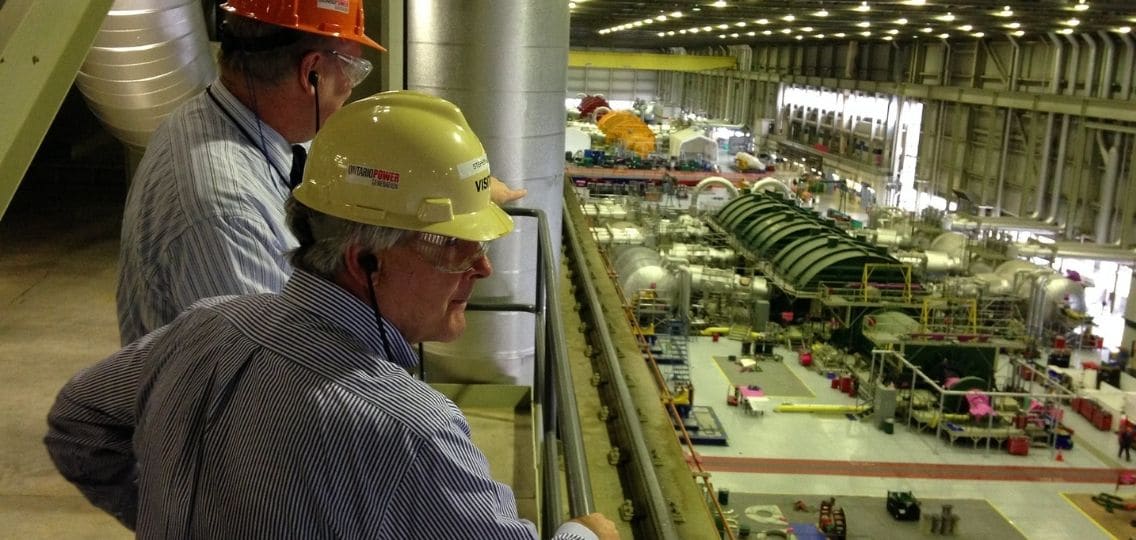TORONTO – Public interest groups are disappointed by the Federal Court of Appeal’s rejection of a ruling requiring the full effects of building new reactors in Ontario be publicly assessed before the Darlington new nuclear project can proceed.
The majority decision held that the proposed reactors were adequately assessed, despite the lack of information on environmental impacts in the environmental assessment process, but Justice Rennie issued strong dissenting arguments for upholding aspects of the lower court’s decision.
“We’re disappointed and considering whether to appeal to the Supreme Court. This ruling effectively rejects the lower court’s view that information disclosure and public participation are necessary before major mega-projects can be built. It’s a bad precedent for future environmental assessments whether for nuclear reactors or pipelines,” said Shawn-Patrick Stensil, a senior energy analyst with Greenpeace.
The ruling was in response to an appeal by Ontario Power Generation (OPG) of a 2014 federal court ruling that overturned the company’s approvals to build up to four new reactors at the Darlington site, 60 km east of downtown Toronto.
In the lower court decision, Justice Russell agreed with public interest groups that a federal environmental review panel wrongly recommended new reactors without first examining the environmental effects of radioactive fuel waste, a Fukushima-type accident, and hazardous emissions.
The Federal Court’s ruling required that proponents thoroughly disclose the possible environmental and social impacts of projects to the public and government decision-makers before they are approved under the Canadian Environmental Assessment Act. (CEAA).
If the Court of Appeal’s decision stands, it will allow government authorities to avoid sharing the potential environmental effects and risks posed by major industrial development across the country with the public. This would undermine a core objective of CEAA.
Lawyers from Ecojustice and Canadian Environmental Law Association (CELA) represented Lake Ontario Waterkeeper, Northwatch, CELA and Greenpeace, all of whom have participated in the federal environmental review process on OPG’s proposal since 2006.

